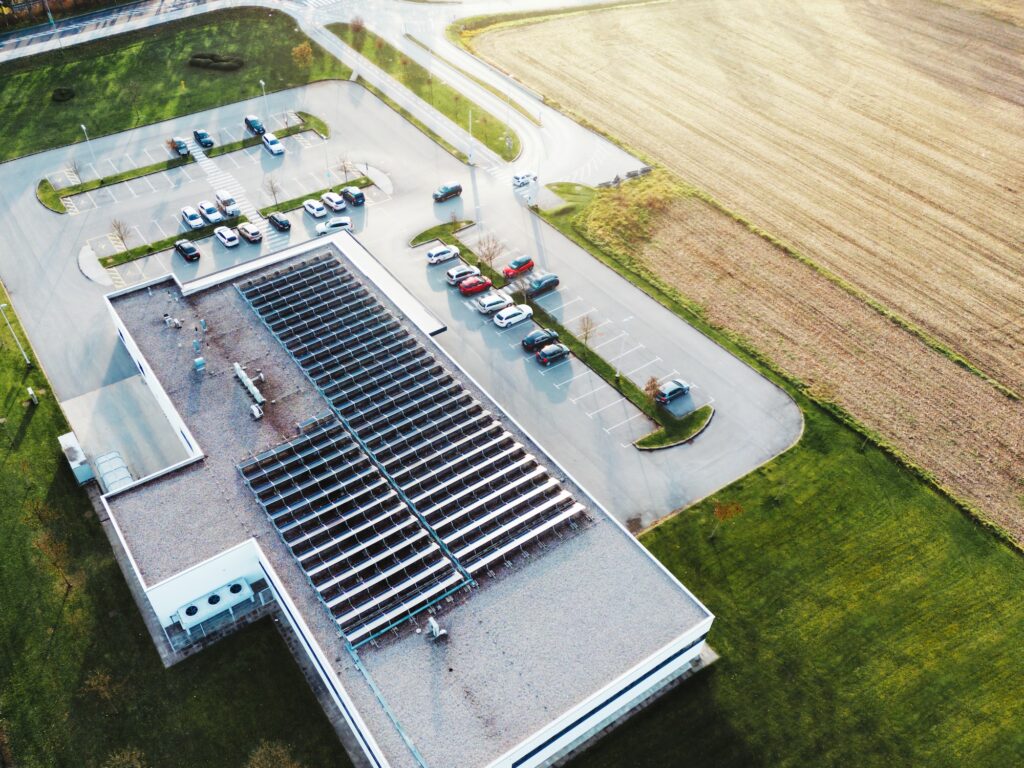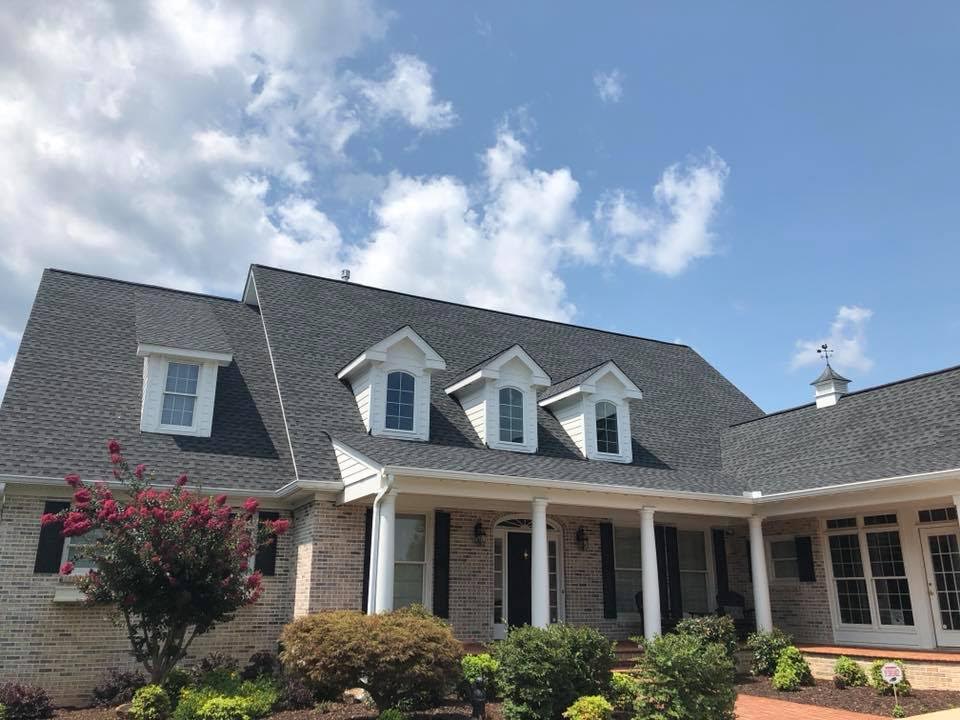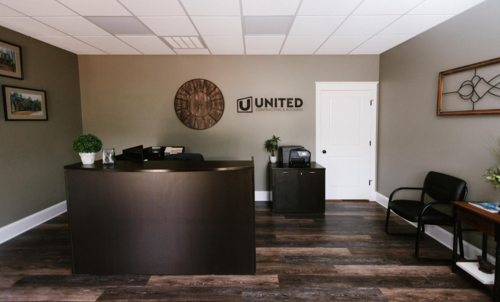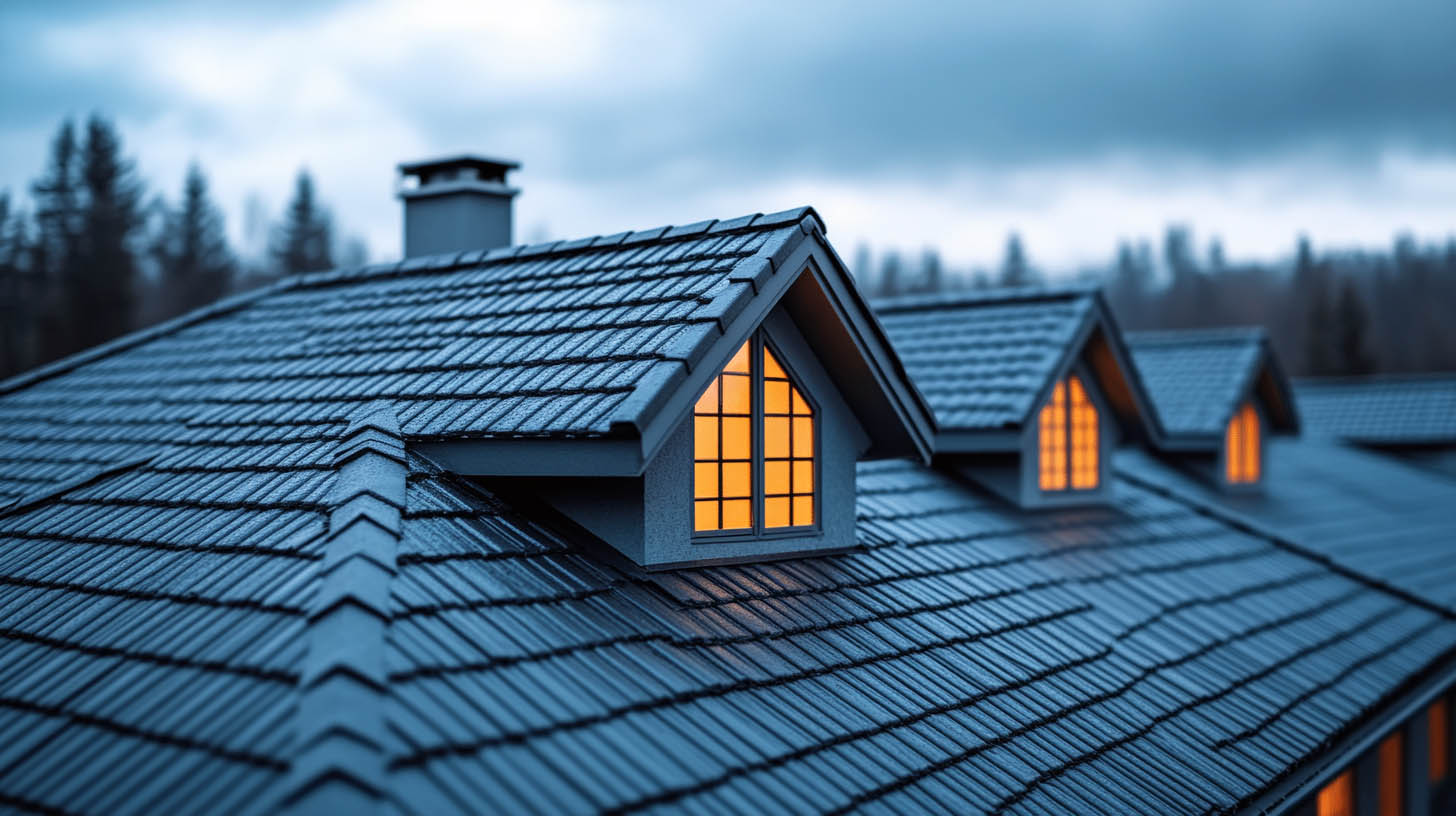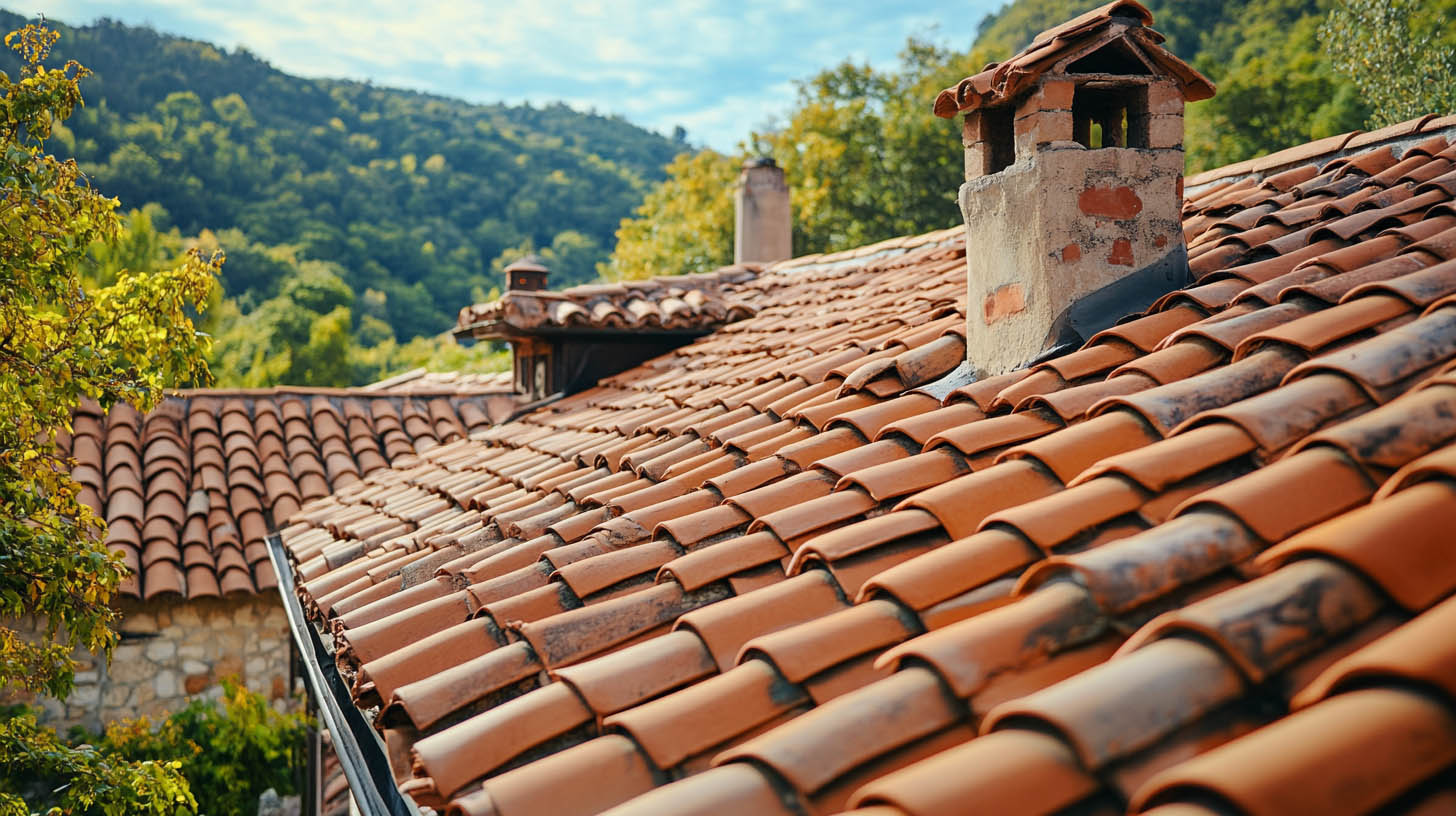Although commercial and industrial roofs tend to be similar, industrial roofs are generally much larger. Many of the same types of industrial roofing materials work for commercial roofs, though the application process may differ depending on the roof’s square footage. United Contracting & Roofing LLC provides insight into five common types of industrial roofing materials and their best uses.
EPDM
Ethylene propylene diene terpolymer (EPDM) is a low- and flat-slope roofing material. This material traditionally comes in black but can also be made in white. EPDM can last up to 20 years and is a popular choice for industrial roofing. Because of the large rolls it comes in, it can cover larger areas of the roof, minimizing the risk of leaking and creating fewer seams. EPDM is ideal for industrial property owners looking for an affordable, inconspicuous, and lightweight roofing material that provides robust weather protection.
Modified Bitumen
Modified bitumen is an asphalt-based roofing material with multiple layers, making it a thicker roofing product. This choice is ideal for roofs that receive a lot of foot traffic and can last up to 20 years. Modified bitumen resists cracking and performs well in colder climates. However, it can absorb heat, so it may not be suitable for industrial roofs that get a lot of sunlight.
PVC
Polyvinyl chloride (PVC) is a single-ply membrane that typically comes in white and is known as a cool roofing system because it reflects the sun’s rays, supporting energy efficiency. PVC is customizable based on roofing applications, available in a range of thicknesses, and can last up to two decades with proper care. It is ideal for industrial properties using chemicals, acids, or grease due to its durability and resistance to damage. PVC also provides fire resistance, making it suitable for harsh manufacturing environments.
TPO
Thermoplastic polyolefin (TPO) is another single-ply material available in white, gray, or other neutral colors. TPO is easier to keep clean than other types of industrial roofing materials and has the potential to last up to 30 years. However, TPO is not appropriate for buildings that use harsh chemicals, acids, or grease, as it does not provide the robust protection that PVC does. TPO is ideal for industrial roofing applications requiring a tear-resistant material that performs well in cooler temperatures.
Metal Roofing
For industrial properties with a low-slope or pitched roof but not completely flat roofs, metal roofing works best. Metal is an attractive, energy-efficient material that can last for decades with proper maintenance. It also boasts robust protection against pests, fire, and high wind speeds. This lightweight material can be made of recycled materials and recycled at the end of its life, making it an eco-friendly option.
Conclusion
Choosing the right industrial roofing material is crucial for the performance, durability, and longevity of your roof. Whether you opt for EPDM, modified bitumen, PVC, TPO, or metal roofing, each material has unique benefits suited to different industrial applications. For expert advice and installation, United Contracting & Roofing LLC is here to help. To learn more about the Seven Steps of the Commercial Roof Inspection Process, click here.

